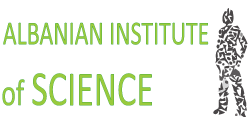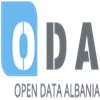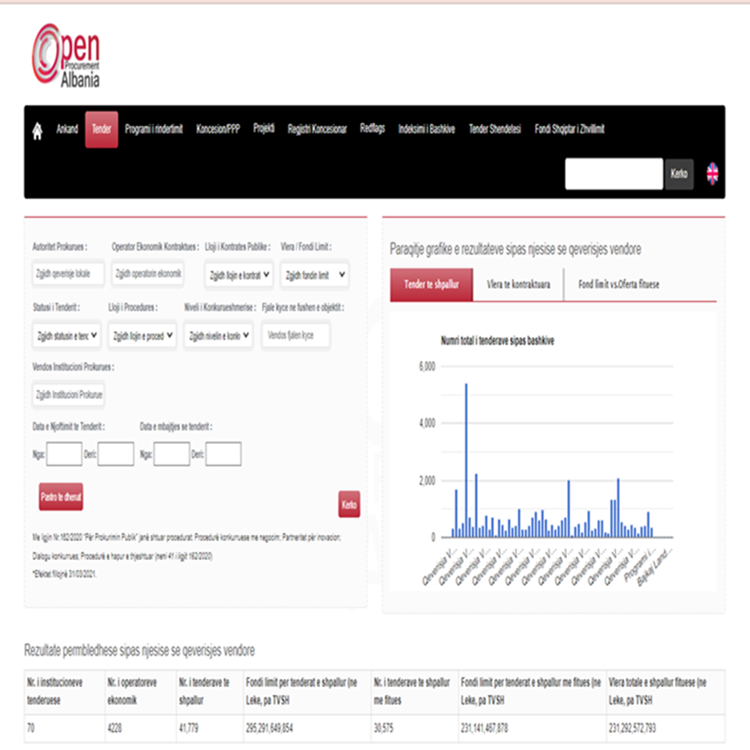Open Contracting Albania LGUs and Red Flag Index 2020-2021 is an ongoing project, implemented by AIS with the financial of NED (National Endowment for Democracy), with a targeted run until April 2024.
The project entails the following main activities:
-
Developing an index assessing Albania’s 61 municipalities’ procurement process, rating each municipality for their general risk for non-competitive tenders, unduly short bidding periods, disqualification of legitimate tenders, and other non-transparent or preferential components;
-
Monitor the implementation of the Post-Earthquake Reconstruction Program as outlined, producing a progress report every six months;
-
Update the Open Contracting database with an additional 20,000 public contracting passports and relevant documentation, for the duration of the tender;
-
Use “red flag” algorithm to designate risky and irregular tenders, as an accountability mechanism;
-
Host four journalist and civil society roundtables, two per year, on how to make use of the database and the “red flag” Index;
-
Host at least 28 info-sessions with journalists, one every four weeks, to increase knowledge of the procurement processes amongst local journalists and civil society;
-
Publish at least four newsletters, two per year, detailing major cases and incidents in the procurement processes, for the public, civil society, and media use.
Through the Open Contracting Albania LGUs and Red Flag Index 2020-2021 two-year project, its activities, and results, the applicant organization has managed to instill a transparency and accountability culture in the country, with special focus on Public Procurement and Contracting.
The project marked the following accomplishments:
-
consolidated the anti-corruption instruments (ICT tools);
-
strengthened public pressure on government authorities for a fairer distribution of contracts;
-
consolidated databases that enable information, transparency, and accountability;
-
empowered fact-based journalism;
-
assisted analytical processes guaranteeing quality and integrity in Public Contracting;
-
Advocated for a Law-abiding Contracting, in line with the EU Public Procurement Standards.
The outcomes, the projects’ conclusions, have stimulated and offered a better quality to the public and institutional debate on corruption in tendering. Often the information provided by the database has directly opposed the arguments of the Albanian Government justifying defects in the Public Contracting process.
Facts and assessments on Public Tendering have prompted dozens of stories of quality journalism.
The tendering database and Red Flag algorithm, at the moment, are key decisive instruments in controlling and evaluating the Local Government’s performance.
The Model has provided data and information, producing various documents attesting to the quality of Public Procurement.
Using the findings and experience gained, the organization has also participated in consultations at the national level for drafting the New Law on Public Procurement and the Sectorial Strategy.
Important bodies have recommended that the Albanian Authorities consider the database and the risk assessment algorithm created, the Open Contracting Albania LGU and Red Flag Index 2020-2021 Project, as models to be applied by the State Institutions, responsible for publication and risk assessment in public contracting[1].
The implemented project has consolidated the Applicant Organization’s position as a leading organization among civil actors working on information, transparency, accountability, and public pressure for Regular Tenders and Contracting.
In addition to having disclosed data and documents on Public Procurement at the Municipality level, the Organization has successfully applied the red flag algorithm for marking tenders, showing signs of competition irregularities. All tenders that have been announced and processed by 61 Municipalities and subordinate institutions have been published in real-time, following the Open Contracting standards. The Passport created for each tender includes documents, whose publication is mandatory for purposes of transparency. Finally, all stages of the public competition are updated and scanned, using the red flag algorithm. The same process was conducted for tenders carried out as part of the State Reconstruction Program. Our well-structured database is favored by the audience, marking a satisfactory number of clicks and visits.
Transparency and Litigation The organization has carefully monitored the process of implementation of the Post-Earthquake Reconstruction Program, designed two years ago by the Albanian Government, and is still in the early stages of its implementation. The program was designed in an emergency situation and was characterized by difficulties and problems. During the monitoring process, in addition to delays, the Applicant also found and referred to shortcomings derived from the new legislation applied in selecting the Programs’ contracted builders, by areas and types of intervention. Noting the application of a special law, in violation to the Economic Freedom and Competitiveness right, the organization decided to draft a Lawsuit addressed to the Constitutional Court, calling for the repeal of said Special Law, demanding that Contractors be selected in keeping with the existing Law on Procurement standards, which also provides for situations requiring rapid interventions by guaranteeing competition and efficiency in contracting.
[1] This proposal comes from Open Contracting Partnership and from Heritie School of Governance http://ais.al/new/en/corruption-risk-in-albania-public-procurement-2017-2019-a-document-prepared-by-heritie-school-of-governance-and-the-albanian-institute-of-sciences-ais-may-2021/



